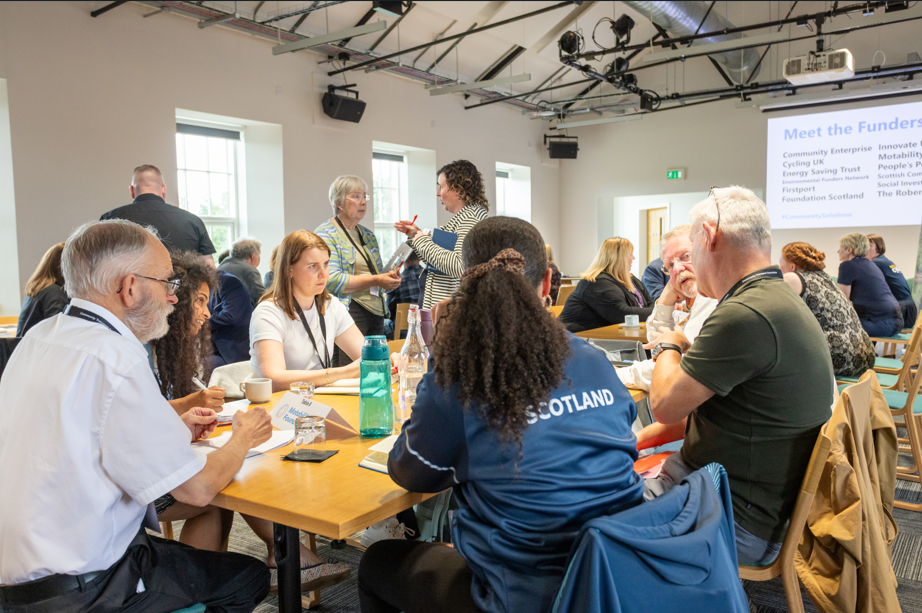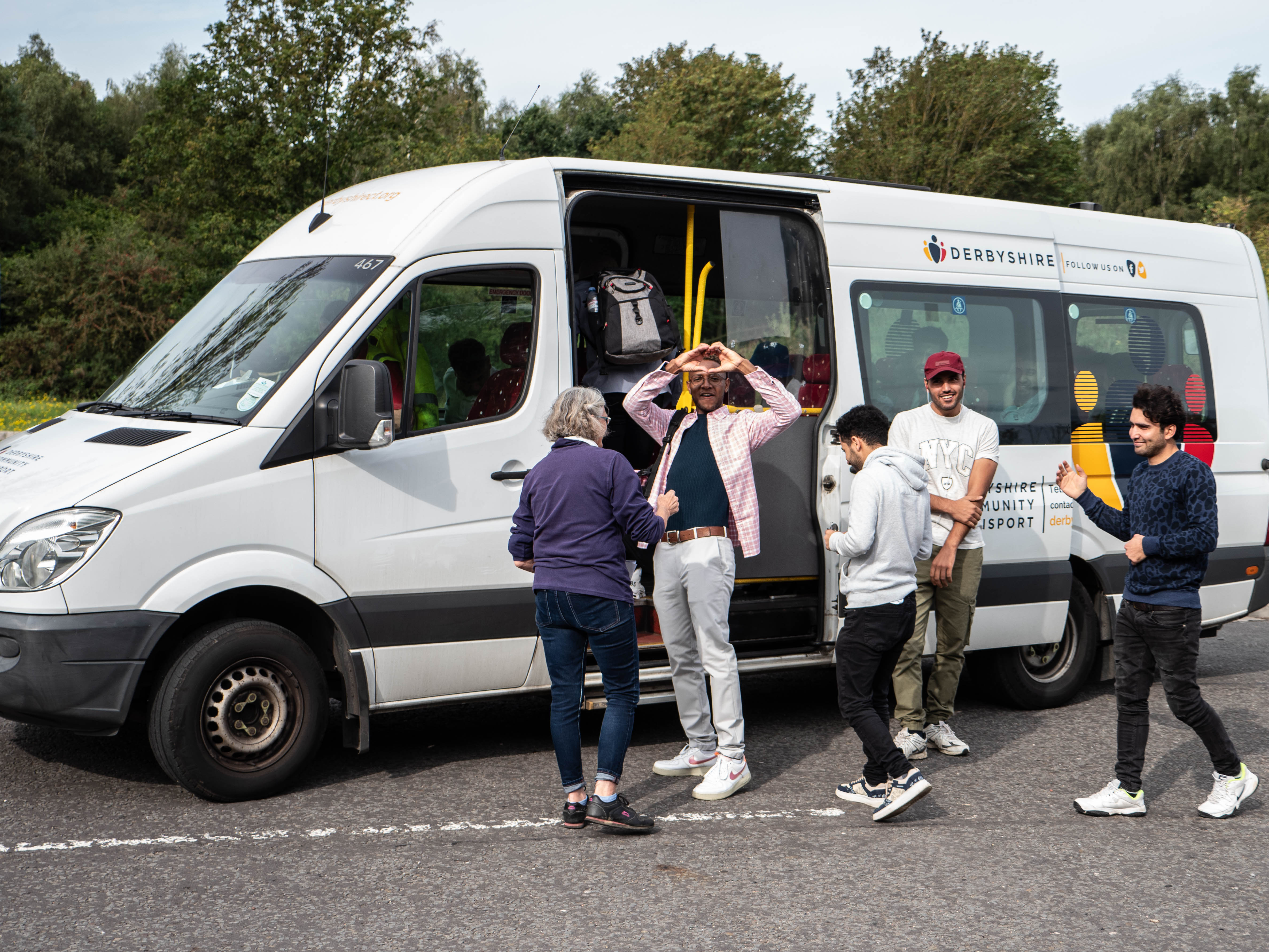What is community transport?
- Every year, in all parts of the UK, millions of people are supported by thousands of community transport staff and volunteers to stay independent, participate in their communities, and access vital public services and employment opportunities.
- Community transport is not just about moving people from point A to point B. It is about fostering a sense of belonging, bridging divides, and empowering individuals to access education, employment, healthcare, and social opportunities that are the bedrock of a thriving community.
- Community transport provides flexible and accessible community-led solutions in response to unmet local transport needs and often represents the only means of transport for many marginalised and isolated people, often older people or people with disabilities.
- Using everything from minibuses to mopeds, typical services include voluntary car schemes, community bus services, school transport, hospital transport, dial a ride, wheels to work and group hire services. Most are demand-responsive, taking people from door to door, but a growing number are scheduled services along fixed routes where conventional bus services aren’t available.
- As community transport is always run for a social purpose and never for a profit, it is often the most reliable, resilient and accessible way of ensuring the broadest range of transport needs can be met.
What is the impact of community transport?
Community transport has enormous social and economic benefits to communities all across the United Kingdom. Its role in combating loneliness and social isolation, helping people remain independent and access their communities can’t be overstated. Because of community transport, tens of thousands of individuals can access the transport they need, regardless of their circumstances.
In this interconnected world, where mobility plays a pivotal role in shaping lives, our efforts in community transport transcend mere logistical solutions. They embody compassion, empathy, and a deep-rooted understanding of the diverse needs of our community members. Whether it is providing specialised services for the elderly or disabled, ensuring affordable options for low-income individuals, or implementing sustainable practices to protect our environment, we have embraced the notion that transportation is a fundamental right for all.




